The Best 3 DJ DAWs: Perfect and Polish Your DJ Mixes
DJ-oriented software from DJ.Studio, Density, and Ableton.
Craft the perfect studio mix with DJ DAWs, purpose-built digital audio workstations for DJs. After reading this, you’ll wonder how you ever got along without one.
DJ DAWs
How do you record the perfect DJ mix? In the old days of vinyl and turntables, you had to just do it right. It could take days to finally get a perfectly polished set recorded with no mistakes. Although it’s now the 21st century, for the most part, you’re still stuck trying to get it right in one go. Even if you use the sync button, there are still transitions, volume inconsistencies, and effects to consider.
Thankfully, a few applications have appeared in recent years to help DJs craft the perfect studio mix. Designed specifically for mixes, these DJ DAWs allow you to build up a set like you would a song, with automation, effects, and all, ensuring a perfectly polished mix.
Here are three DJ DAWs changing the game for studio mixes.
Why Do You Need a DJ DAW?
First, though, why would you need a special DJ DAW when you already have a regular digital audio workstation and DJ mixing software? For the most part, a DJ DAW isn’t for live mixing or streaming. That’s what your decks and mix software like rekordbox or Serato are for. The DJ DAW is for when you need to record a polished and professional mix to help you get gigs or, if you’re also a producer, present your music in a mixed format.
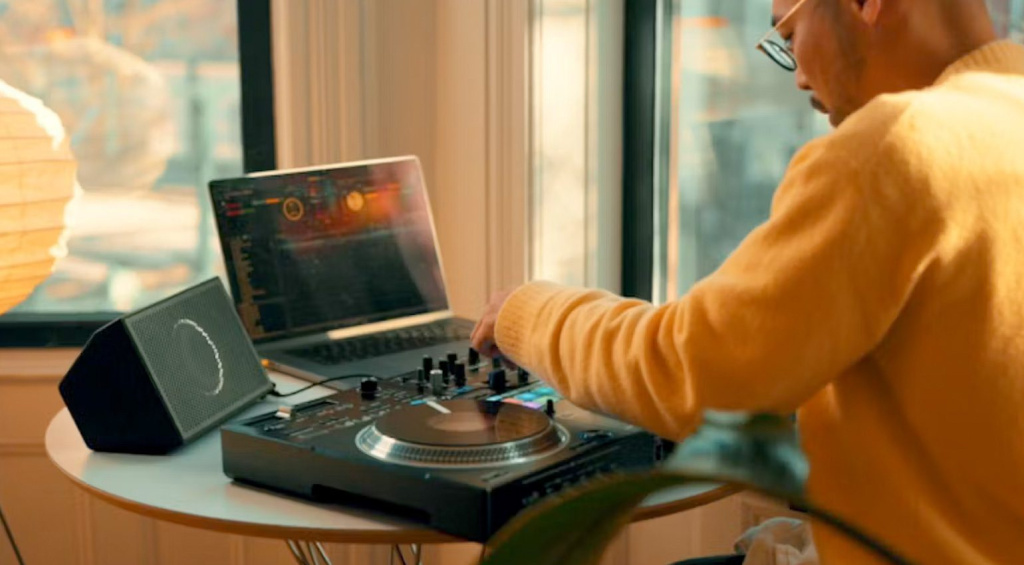
You don’t even have to be a DJ to take advantage of one of these specialty DAWs. Maybe you run a label and want to present a selection of your artists’ songs in a mix for SoundCloud. Podcasters and radio broadcatsers working with a limited crew – or even by themselves – could use one to create a set, freeing them up for voiceovers. You could even just be a music fan who likes mixes.
DJ DAWs: DJ.Studio
The biggest name on the (admittedly rather) small DJ DAW scene, DJ.Studio is a full-featured digital audio workstation made for DJs rather than producers. Now up to version three, it’s the most popular way to craft DJ mixes in a controlled environment.
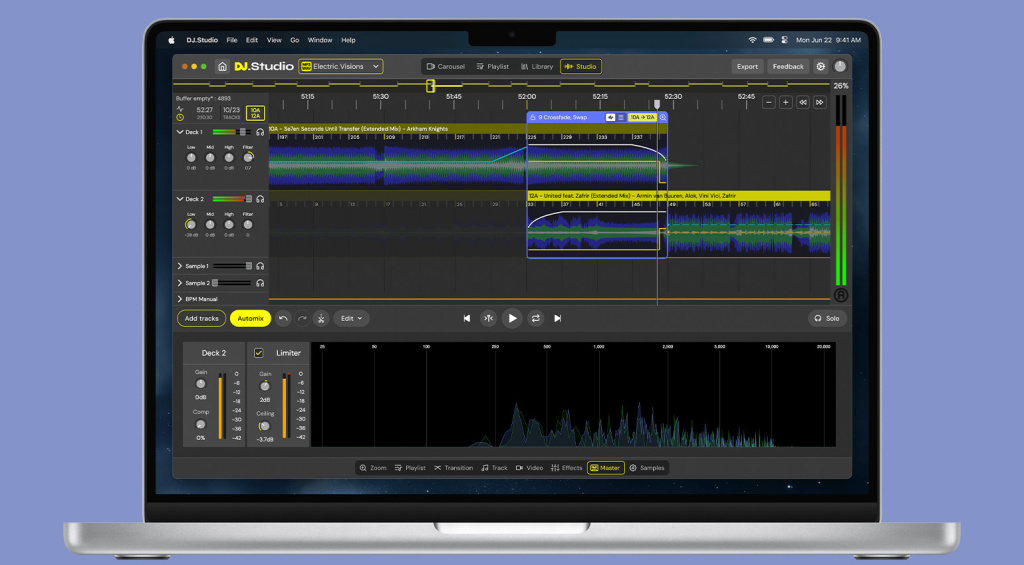
A two-track DAW, it lets you import songs, create transitions with automation, and add samples and loops for extra creativity. It offers integration with rekordbox, Serato, Beatport, Traktor, Loopcloud, Mixed In Key, and more, and also supports VST plugins. You can even mix from YouTube videos.
Although you can rely on beat detection and other tech from your DJ software, DJ.Studio also has its own algorithms, with version three sporting improved beat detection for non-electronic genres. The automix feature is now called Harmonize and can optimize the order of your playlist based on tempo and harmonic matching. It even offers visualizations and export to MP4 for YouTube and other online video platforms.
DJ.Studio is available at a variety of one-time price ranges plus as a subscription at the Pro + Stems tier for $29 a month.

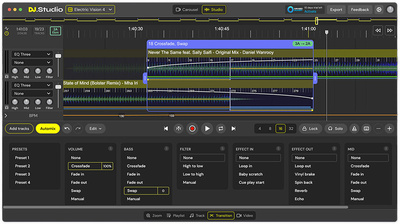

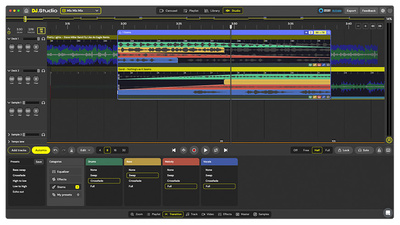

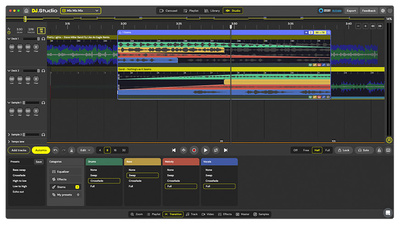
- DJ.Studio product page
DJ DAWs: Density
Density is a DJ DAW that does things a little differently. Rather than work entirely in audio, like DJ.Studio (and indeed most other DAWs in general), Density captures your DJ sets as data. Interfacing with your DJ gear like your controllers, mixers and CDJs, it records not only your knob twiddles and fader movements but song data itself. As the company says on its website, “every cue, loop, and knob twist.”
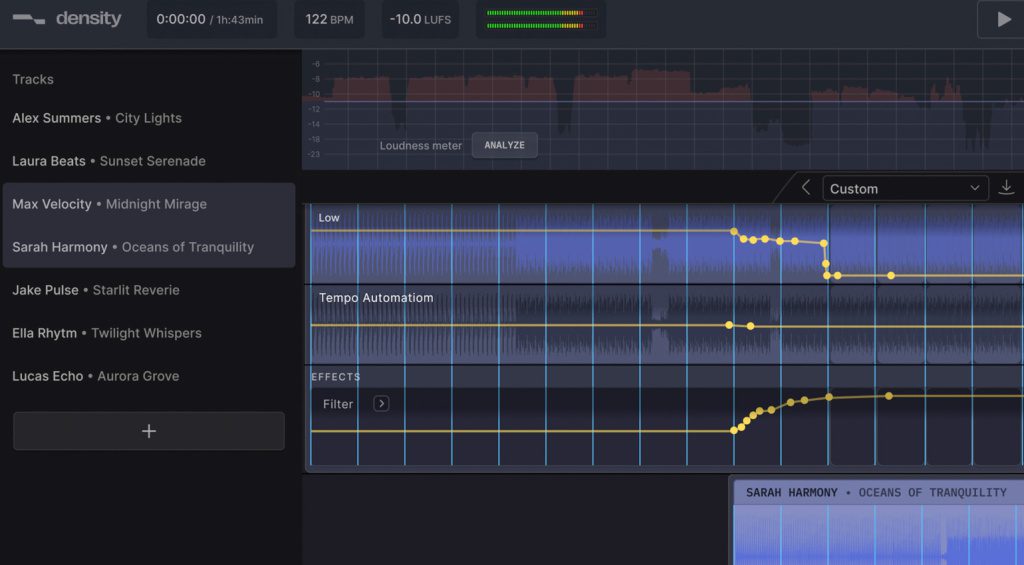
Once your set is done, Density will put together the mix from audio files of the songs on your laptop. It remains data, though, meaning it’s non-destructive; you can move or even remove songs and this will have no affect on the mixes downstream. Pretty cool. It also has its own effects, it can handle loops, and even offers a mastering chain with a LUFS meter to keep volume smooth across the entire mix.
Density records data in three ways, depending on how you prefer to use it. You can run it off your laptop, as you might expect. For those who don’t bring a laptop to the club, there’s also a separate piece of hardware called (appropriately enough) Density Hardware to capture live set data. Lastly, you can use it like a regular DAW and put together a mix with your mouse.
Density is free to download and try. To remove the audio watermark, it’s $15/month. The Hardware device is a one-time payment of $300. More information at the Density homepage.
- Density product page
DJ DAWs: Ableton Live
And that’s pretty much it for dedicated DJ DAWs. If you’d like a regular DAW that can pull double duty as a DJ one, your best bet is probably Ableton Live. Originally designed for live performance (hence the name, Live), it’s still a fun way to DJ – if you don’t mind triggering clips rather than working with DJ controllers.
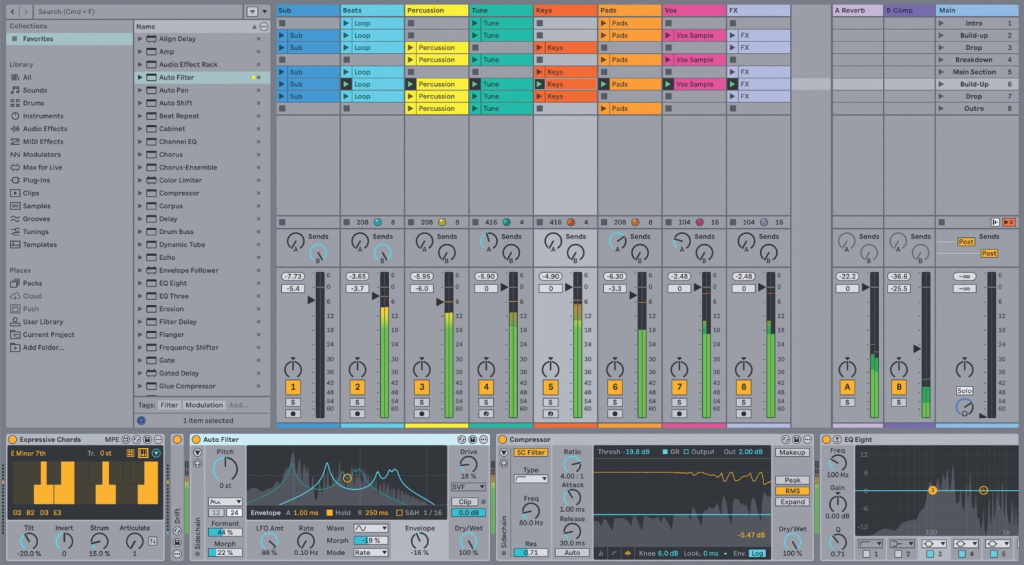
Of course, once the tracks are laid out into a set (either recorded live or placed on the timeline with a mouse), you’re free to edit to your heart’s content. And, with version 12.2 on its way – oh man, the filter updates – it just gets better and better every year. Having just one DAW rather than two will also save you some money.
Ableton Live 12 is available at three different tiers, Intro, Standard, and Suite. If you only plan to DJ and don’t need many of the stock instruments and effects, you could probably get away with just the Intro version.

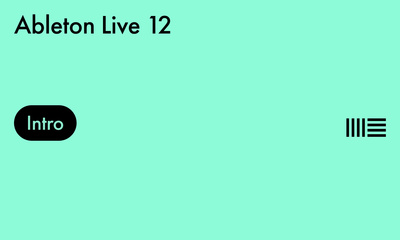

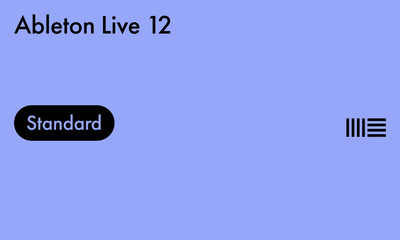

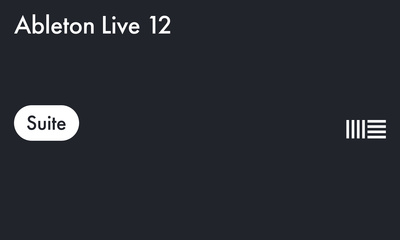
- Ableton Live product page
More Information
*Note: This article contains advertising links that help us pay for this site. Don’t worry: the price for you will always be the same! If you buy something through these links, we will receive a small commission. Thank you for your support!
One response to “The Best 3 DJ DAWs: Perfect and Polish Your DJ Mixes”

 2,2 / 5,0 |
2,2 / 5,0 | 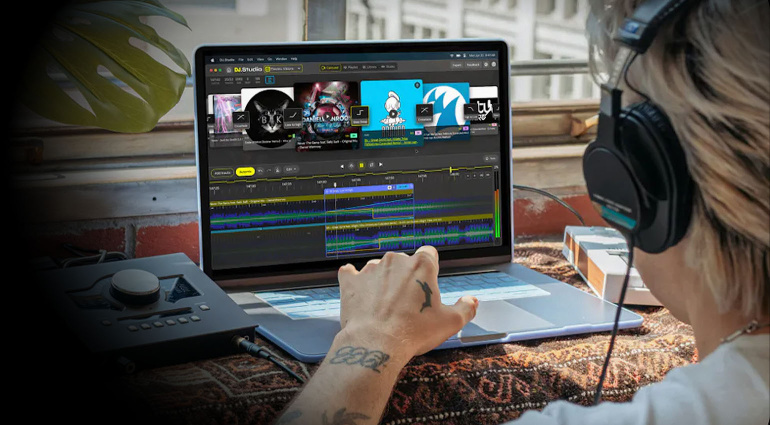


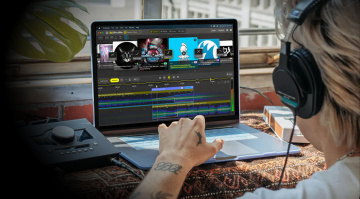

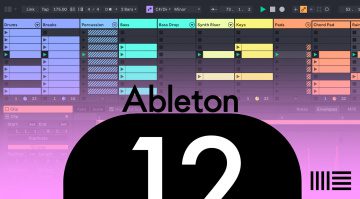
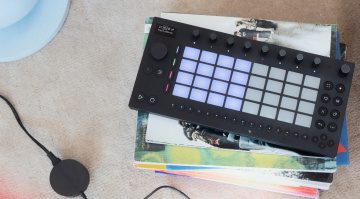
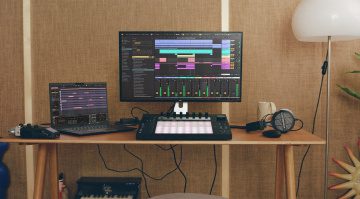
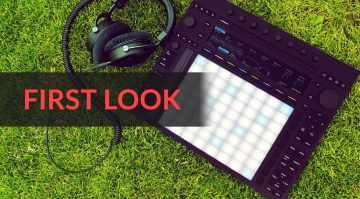

I want to be a DJ